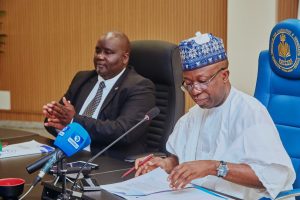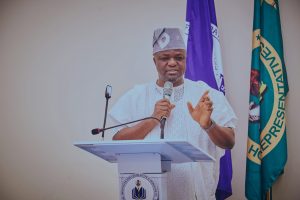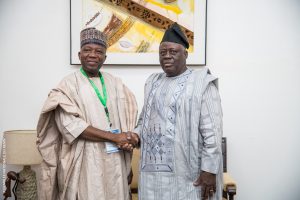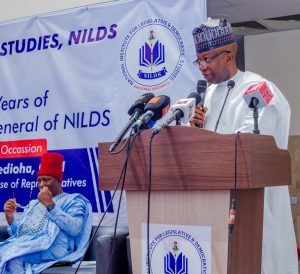In a significant stride toward deepening parliamentary cooperation and democratic consolidation in West Africa, the National Institute for Legislative and Democratic Studies (NILDS), Nigeria, and the Parliamentary Institute of Benin (IPaB) has held a landmark workshop on the implementation of their Memorandum of Understanding (MoU), in Cotonou, on Tuesday.
Speaking on the occasion, the Director-General of NILDS, Professor Abubakar Sulaiman, in his speech underscored the importance of the gathering describing it as “a milestone in our shared journey of institutional cooperation and parliamentary development.”
The workshop, he noted, aims to develop, validate, and adopt a three-year work plan that will guide the actualisation of the MoU signed between the two institutions in November 2024 in Abuja.
Sulaiman expressed gratitude to the National Assembly of Benin and the leadership of IPaB for their hospitality, particularly singling out IPaB Director, Dr. Sèdami Medegan Fagla, for her leadership and commitment to the partnership.
“The scope and ambition of this collaboration,” Professor Sulaiman stated, “speak directly to the pressing need to strengthen legislative institutions across our sub-region,” he said.
He added that the pact would “build capacity, foster democratic resilience, and contribute to peace, development, and regional integration through knowledge exchange and institutional synergy.”
He called for joint programmes in research, training, legislative support, and parliamentary diplomacy, adding that NILDS was fully committed to implementing the MoU through staff exchanges, technical assistance, joint publications, and policy dialogue.
Also speaking at the event, the Director of IPaB, in her speech made available to our correspondent, noted the workshop was the culmination of sustained collaborative efforts dating back to January 2025, following the Beninese Parliamentary Council’s recommendation to expedite the implementation of the bilateral MoU.
Fagla said: “This MoU is not just a formal agreement. It represents a shared commitment to supporting our parliaments through research, training, and institutional capacity building.
“In the long run, our partnership has the potential to positively impact governance in both our countries.”







